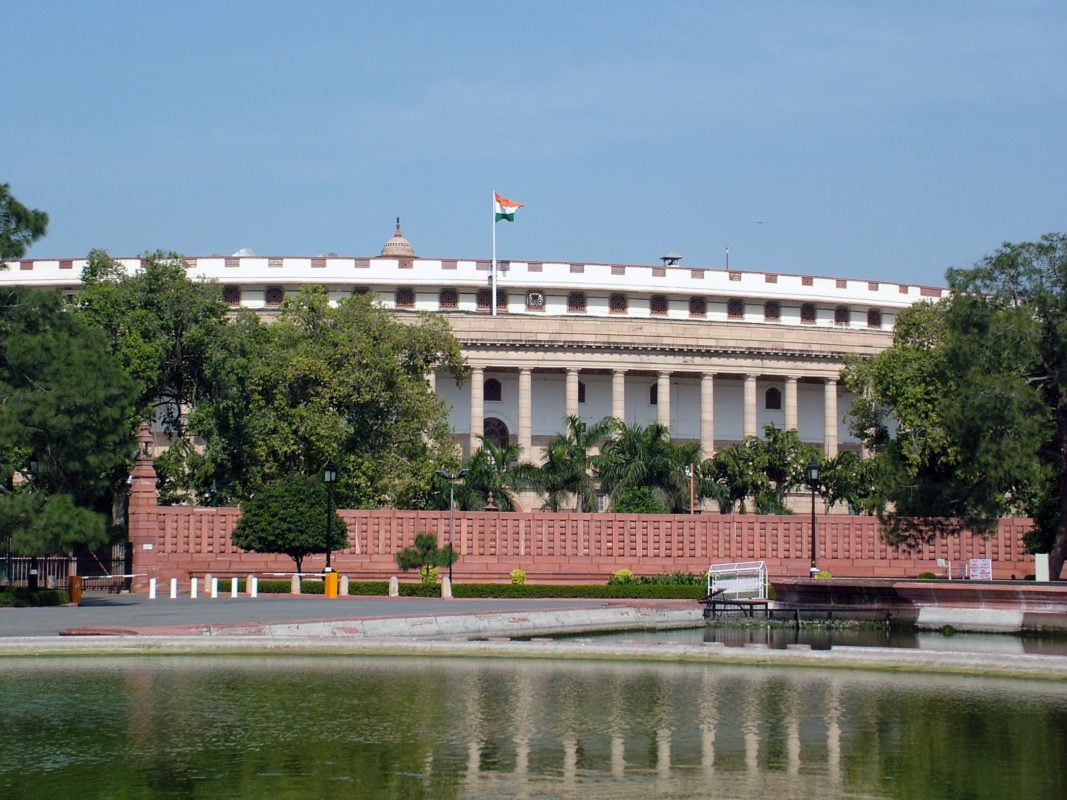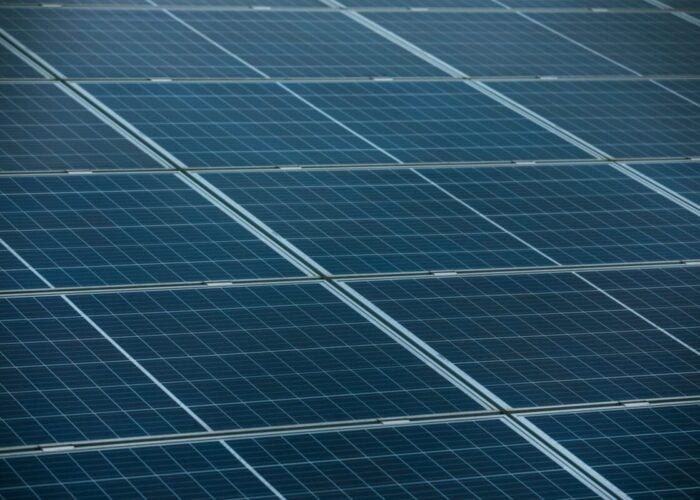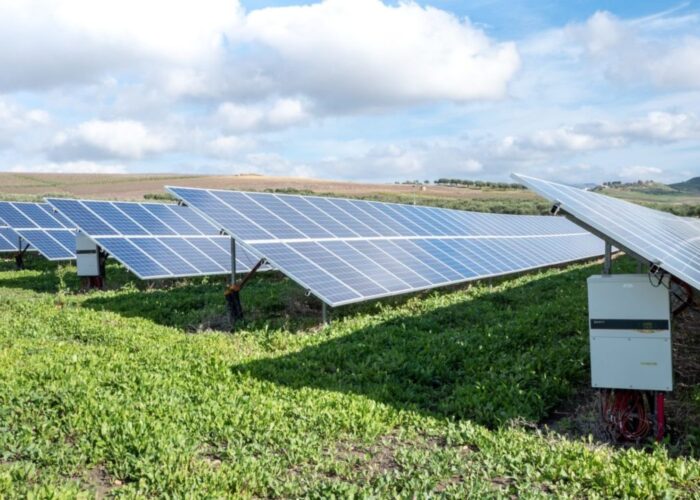
UPDATED: India has officially started an investigation into the import of solar cells and modules from China, Taiwan and Malaysia.
The Directorate General of Anti-Dumping & Allied Duties (DGAD), received a petition from the Indian Solar Manufacturers Association (ISMA) last month calling for the investigation into anti-dumping to take place, followed by the imposition of anti-dumping duties.
Unlock unlimited access for 12 whole months of distinctive global analysis
Photovoltaics International is now included.
- Regular insight and analysis of the industry’s biggest developments
- In-depth interviews with the industry’s leading figures
- Unlimited digital access to the PV Tech Power journal catalogue
- Unlimited digital access to the Photovoltaics International journal catalogue
- Access to more than 1,000 technical papers
- Discounts on Solar Media’s portfolio of events, in-person and virtual
The notification from DGAD comes a few days after it sent a letter to the Chinese Embassy notifying China that it had received the petition. As previously reported by PV Tech, Bridge to India understands that the introduction of anti-dumping duties is not the only option being considered. Indeed DGAD is also looking at the possibility of bringing in safeguard duties. The difference is that safeguard duties can be brought in far quicker if it is proved that there has been a significant increase in imports that may be causing harm to domestic manufacturers. No evidence of unfair trade practices is required. Furthermore, safeguard duties are country agnostic and are imposed on all imports.
Bridge to India has also made known its belief that the imposition of either kind of duties would be harmful to the overall sector. On the other hand, India’s manufacturers have just a 10.6% market share in their own country, while they struggle to compete with cheaper imports from the far East and Southeast Asia.
Indian manufacturers Indosolar, Websol, Jupiter Solar Power and Jupiter International led the petition. DGAD will consider a 15-month period from Apr 2016 to June 2017 to probe dumping and three-year financial data of the petitioning companies to analyse injury to domestic manufacturers.
Parties wishing to submit evidence to the investigation have 40 days to write to DGAD, and are advised to notify DGAD of their interest immediately.
Since the DGAD announcement, Bridge to India has released an update analysing the investigation, with the following highlights:
- Proving dumping for solar imports should be relatively easy as Chinese suppliers have been selling modules in India at prices lower than in China
- The investigation provides a great test case for design of Indian policy making as there is no evidence from other countries of protectionist duties benefitting the prospects of domestic manufacturers
- But with solar capacity addition growing at 100% CAGR in last 3 years and cost of solar power crashing to INR 2.44/kWh, we feel that the government may be more sympathetic to the demands of domestic manufacturers this time.







